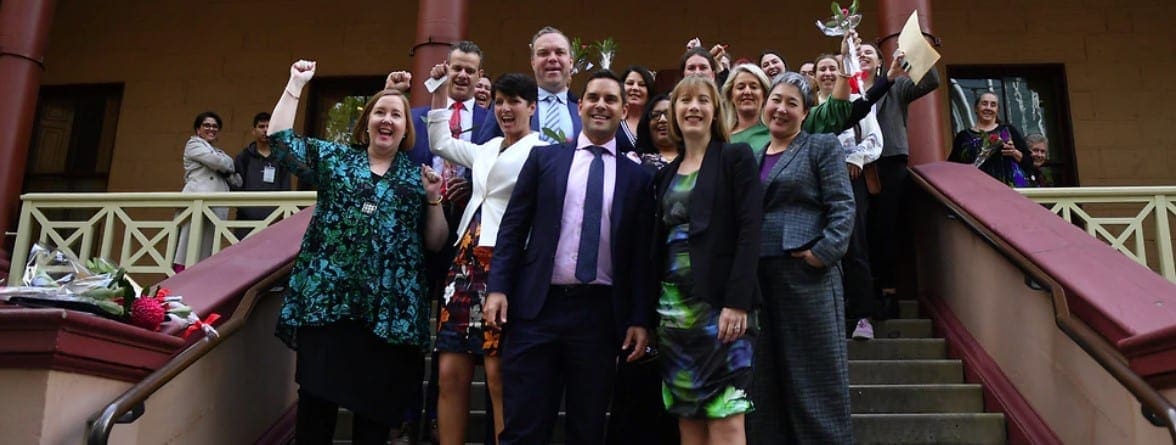After 119 years, abortion has now been removed from the NSW Crimes Act. Supporters of the bill have described this is being a massive step forward for women in the state, with NSW being the last state in Australia to decriminalise abortion. After the making of this historic decision, there is the question, what does this change mean for women seeking an abortion and for doctors who perform the abortions?
Before the reform
Since 1900, abortion has been outlawed by the NSW Crimes Act. Under the Act, anyone who “unlawfully uses an instrument or other means” with the intention to force a miscarriage, could face 10 years in prison.
Despite this, lawful abortions were still regularly performed in NSW. During this time, an abortion was considered ‘lawful’ when a medical practitioner held an honest belief that the abortion was necessary to preserve the women involved from serious danger to their life, physical or mental health. However, women could not seek to terminate a pregnancy after 20 weeks.
The reform
Under the Abortion Law Reform Act 2019, which was passed by the NSW lower house last week, it is no longer a criminal offence for a woman to have an abortion. Crucially, this means that women will no longer be criminalised for choosing to have an abortion. Likewise, qualified medical practitioners who perform an abortion no longer have to fear any punishment under the new Act.
The new Act broadly divides a lawful abortion in two categories:
- termination of pregnancy on a person who is no more than 22 weeks pregnant and,
- termination of pregnancy on a person who is more than 22 weeks pregnant.
Under both circumstances, the Act requires the free and informed consent of the woman seeking an abortion. Such a consent should be obtained without any coercion, intimidation or undue influence.
Women
The new legislation has made it easier for a woman seeking an abortion under 22 weeks. This is a historic decision as women now have the freedom to facilitate the process of obtaining an abortion, either through medication or through surgical procedures.
Women can also seek to terminate their pregnancy after 22 weeks, although, a medical practitioner must be satisfied that there are sufficient grounds for such an abortion.
With the decriminalisation of abortion, it is expected that there will be an increase in the availability of services for women across the state. This is an important statement as it acknowledges the right of a woman to make a decision, prohibiting the state from criminalising a woman’s choice.
Under the Act, a woman is explicitly barred from seeking an abortion based on the sex of the child.
Doctors
The Act imposes an obligation on a medical practitioner, who is conscientious objector, to remove himself from the process at the first instance. If an attempt to an abortion leads to a live birth, the medical practitioner has a duty of care to that child as in any other live birth.
Where a woman is seeking an abortion after 22 weeks, the medical practitioner is required to obtain the assent of another specialist practitioner, before undertaking the procedure. The other practitioner should also be satisfied if there are sufficient grounds for an abortion. Therefore, in such cases, the performance of the abortion is contingent on the discretion of the specialist medical practitioner.
If you would like to inquire into any of the issues raised in the above article, contact Freedman & Gopalan Solicitors on 02 8999 9837 or by the enquiry box on our website.

